Poisonous plants for cats
Did you know that some plants can be poisonous for cats? We tell you which ones you should keep away from them.
IT’S ECO, IT’S LOGICAL
Share

If anything characterises cats, it is their curiosity, especially for things that hang, move or have bright colours or smells, such as, for example, plants. What many owners don’t know is that a large number of these decorative items are toxic for our pets, and they can even have harmful consequences for their bodies.
Poisoning from poisonous plants is one of the most common reasons for visits to veterinary clinics. The plant is not always toxic in its entirety: sometimes it is the fruit, flowers, pollen or roots that are toxic.
Fortunately, not all of them are poisonous, in other words, having plants and cats in the home is compatible. To try and guarantee the safety of our feline friends in our homes, we are going to go over which are the most dangerous to them.
Indoor plants which are poisonous for cats
Lilies (Lilium sp and Hemerocallis sp)
This is the most toxic family of plants for our pets. If not detected on time, it can even cause them kidney failure. Therefore, if they display symptoms such as excessive thirst, vomiting, diarrhoea or a sad appearance, don’t hesitate to take them to the vet.
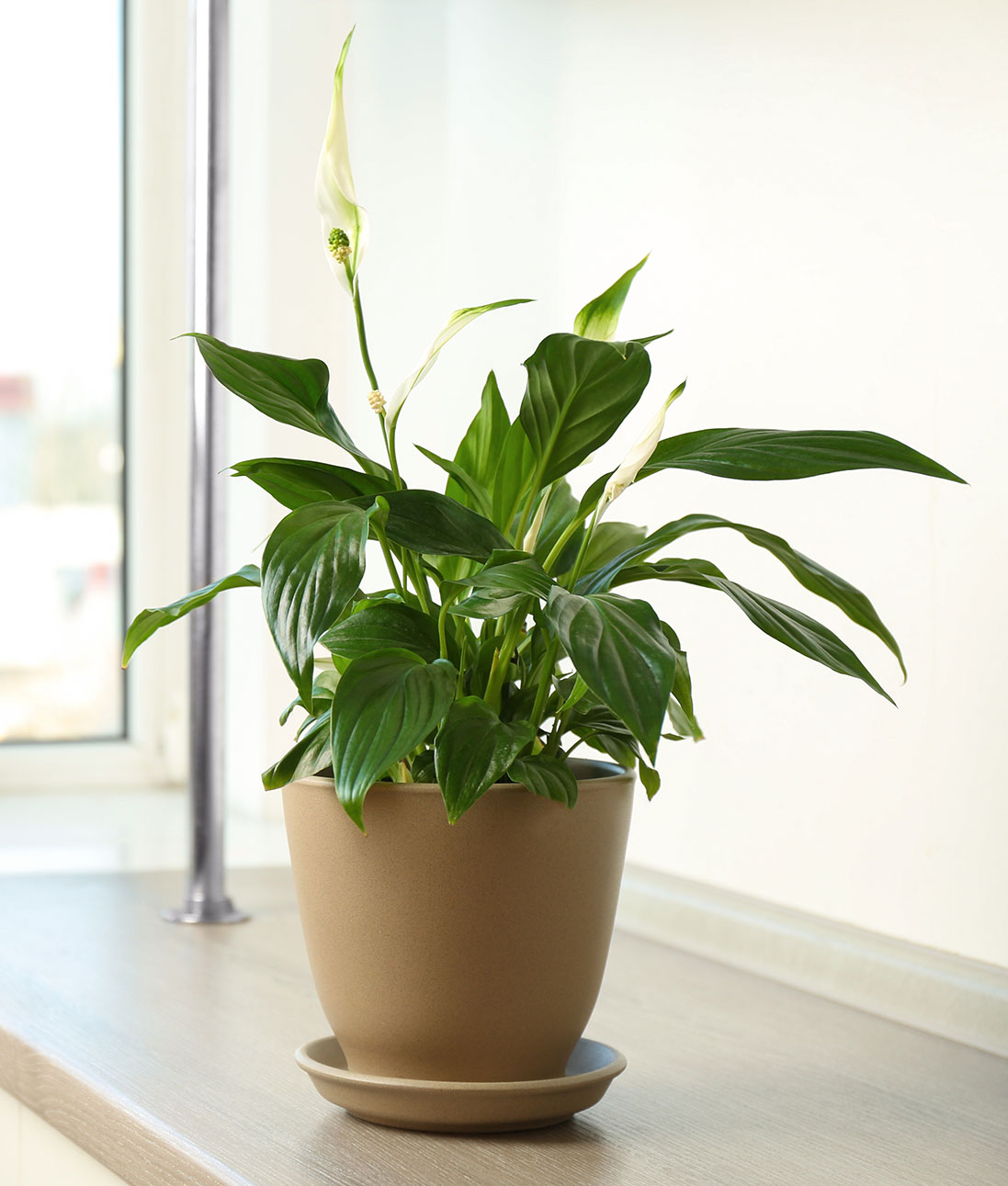
The araceae family
Within this group of plants, we find the caladium, dieffenbachia, philodendron, ivy, monstera and pothos. The symptoms cats display when they ingest them are hypersalivation, vomiting, diarrhoea, and they can also have breathing problems and kidney damage.
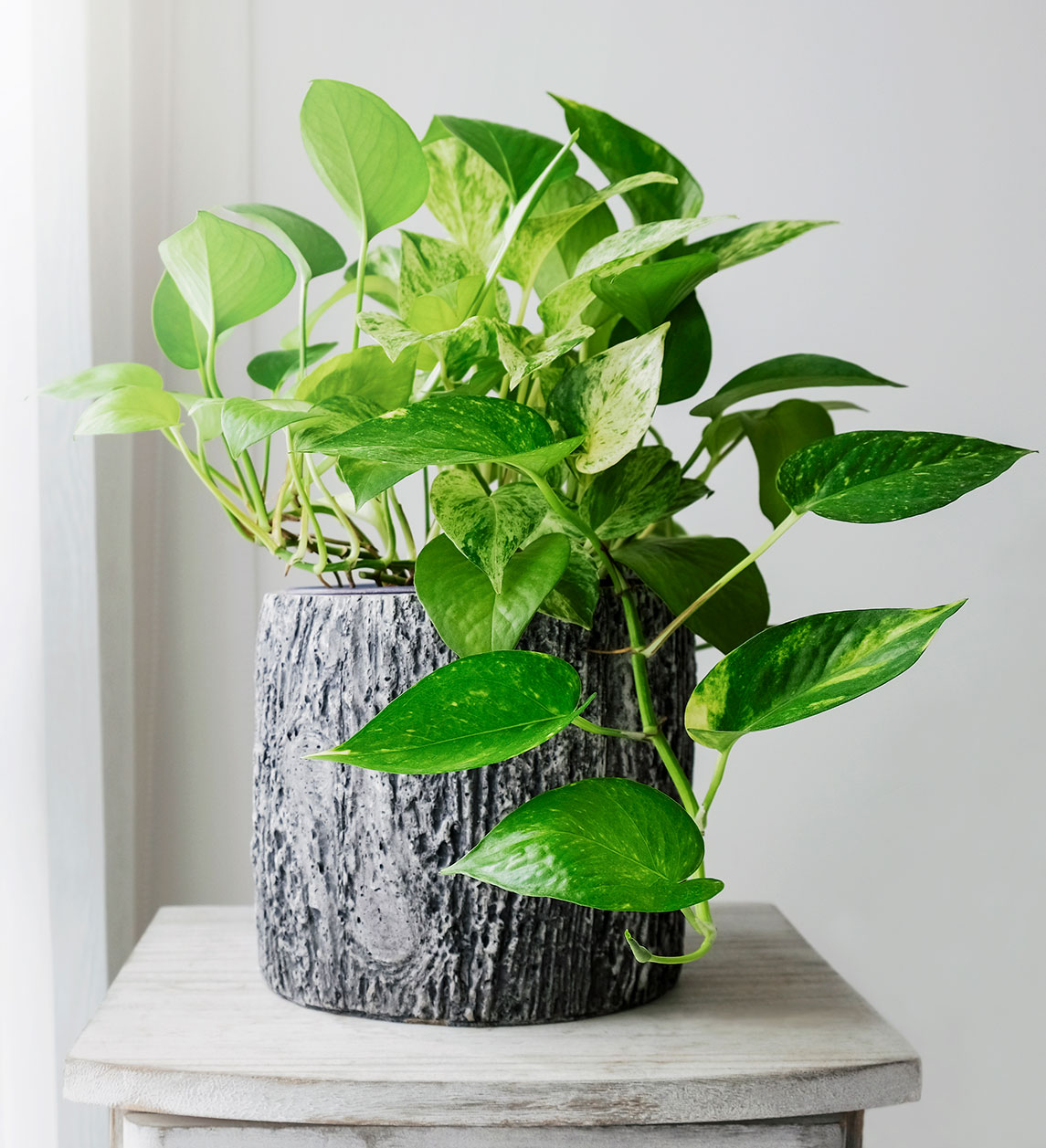
Oleander (Nerium oleander) and kalanchoe (Kalanchoe spp)
If our pet chews these plants, it can directly affect their heart. The symptoms they usually display are shaking, repetitive movements, drooling, vomiting or diarrhoea.
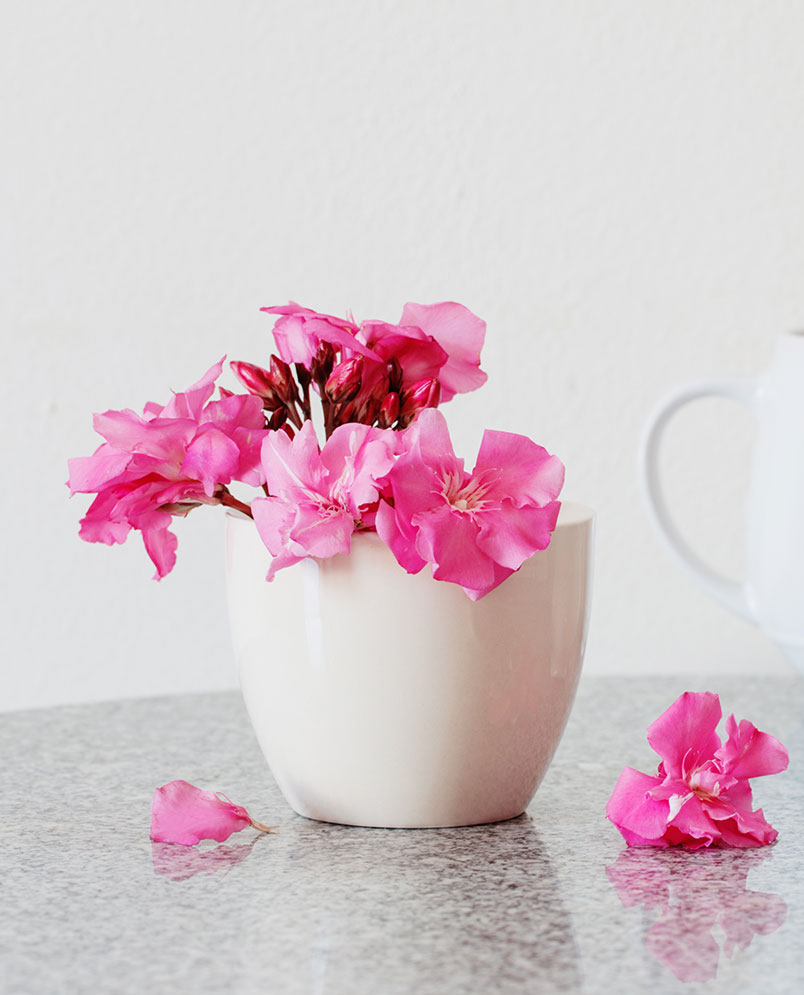
Poinsettia (Euphorbia pulcherrima)
Without a doubt, this is one of the most common plants in homes. If you have a pet, it is advisable to get rid of the plant since it can irritate them a great deal. The symptoms cats display when they ingest it are coughing, drooling, vomiting and diarrhoea.
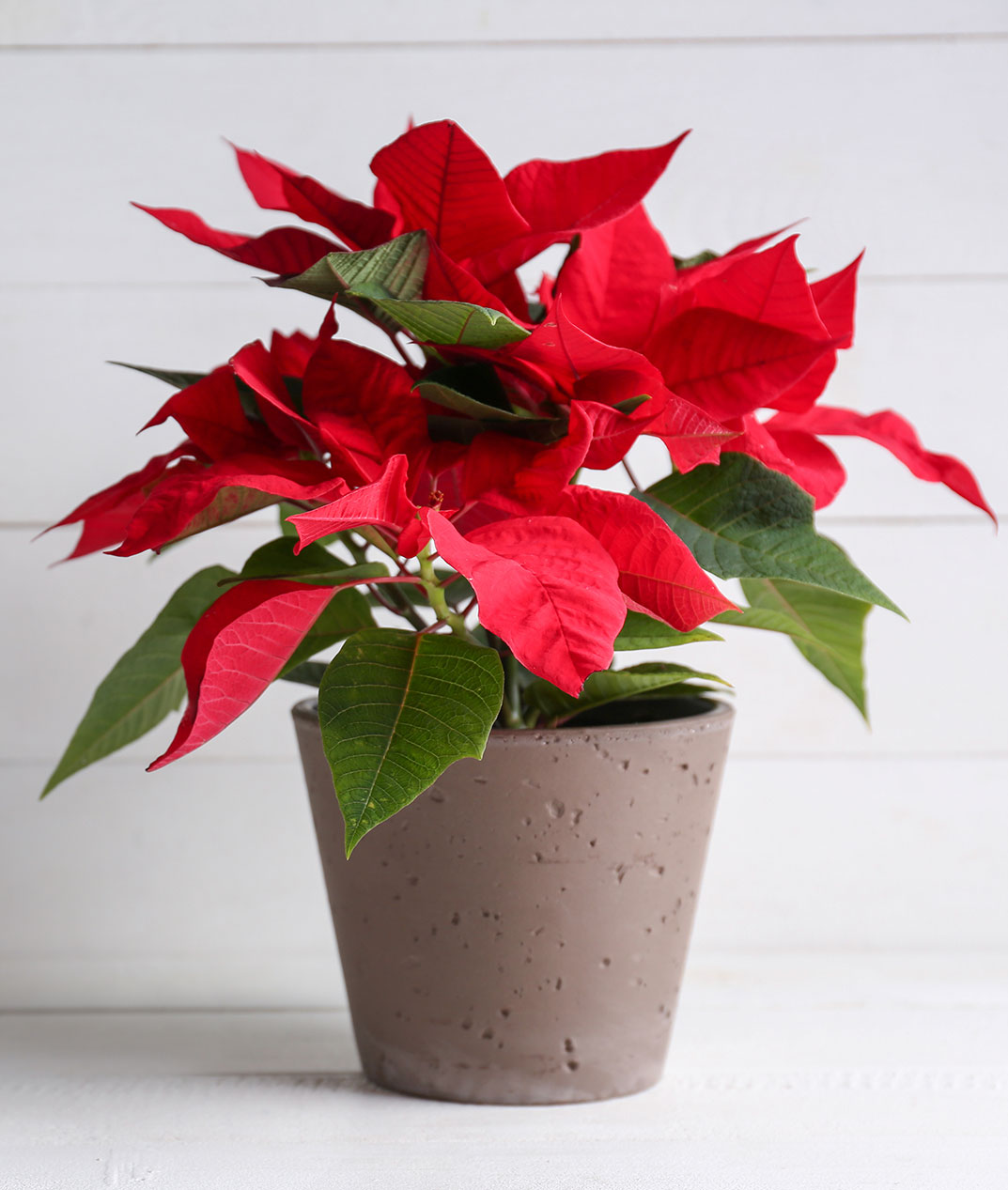
Onion (Allium cepa)
People don’t usually have crops of onions in their home, but their remains are often present in household rubbish. If a cat eats it, it can cause them anaemia and destroy their red blood cells.
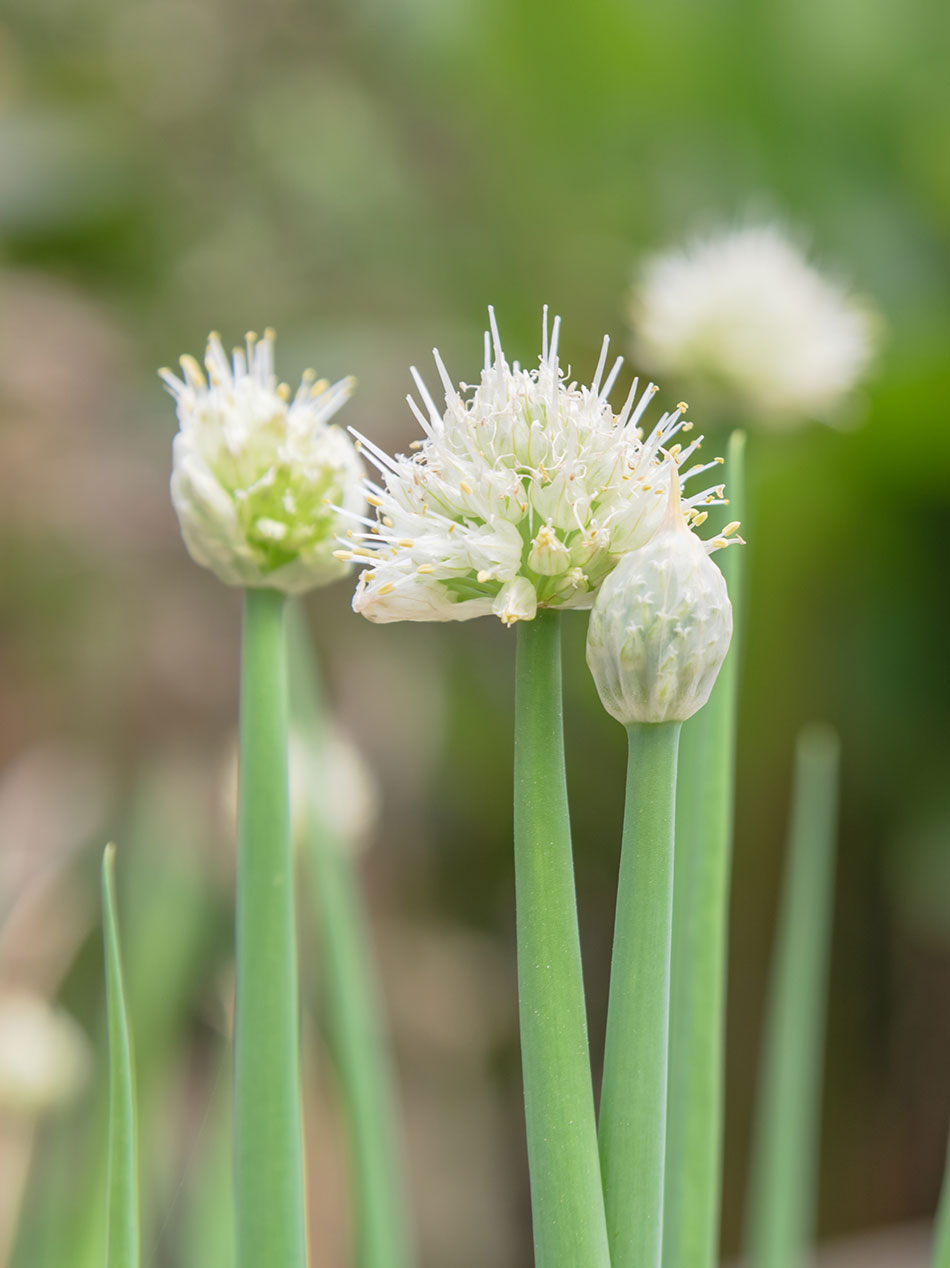
Castor oil plant (Ricinus communis)
In the case of the castor oil plant, the toxicity is found mainly in its seeds. They have a very strong laxative effect which causes cats to vomit and have diarrhoea and can affect their kidneys and liver.
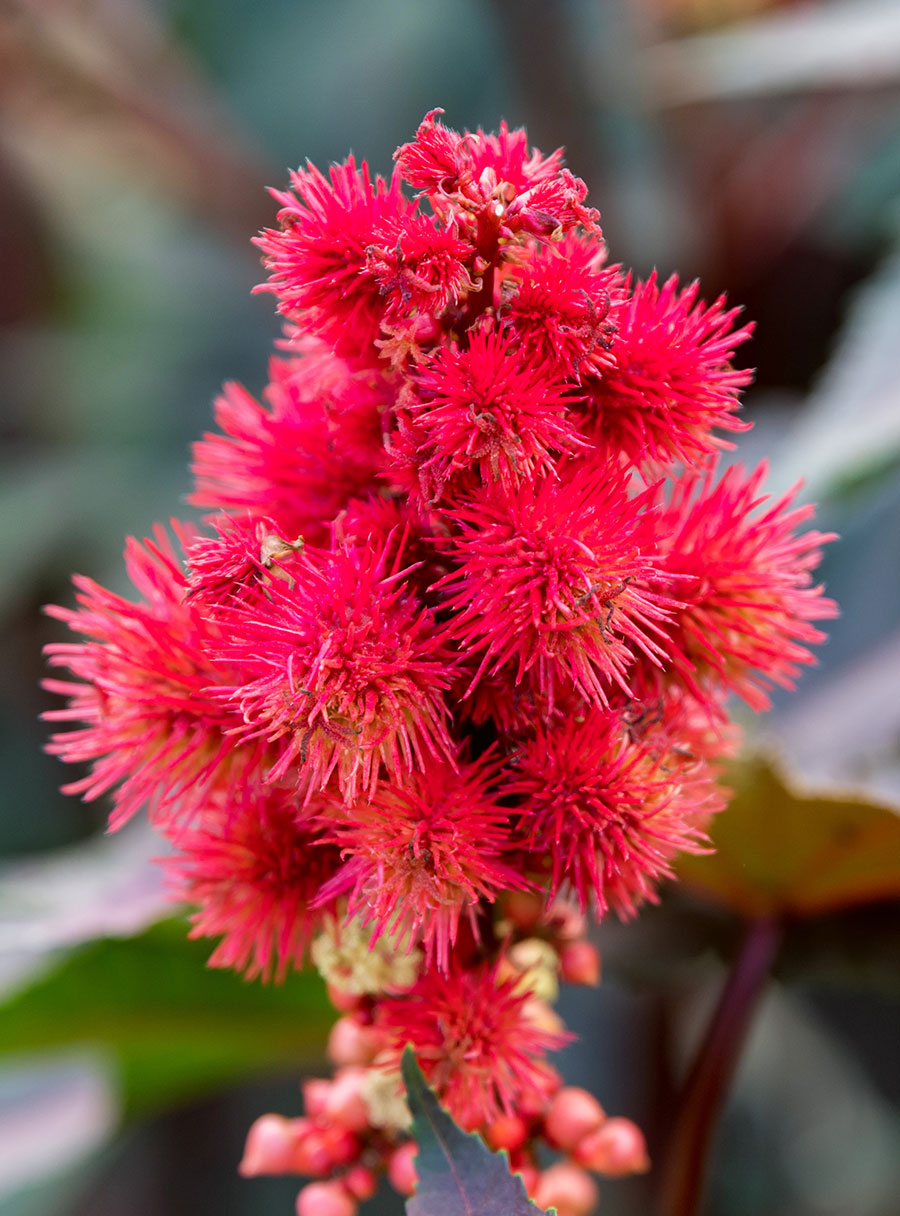
If you have one of these plants at home and you suspect your feline friend may have ingested some, we recommend you contact your vet immediately, despite them not presenting any symptoms. In these types of situations, prevention is better than the cure.






